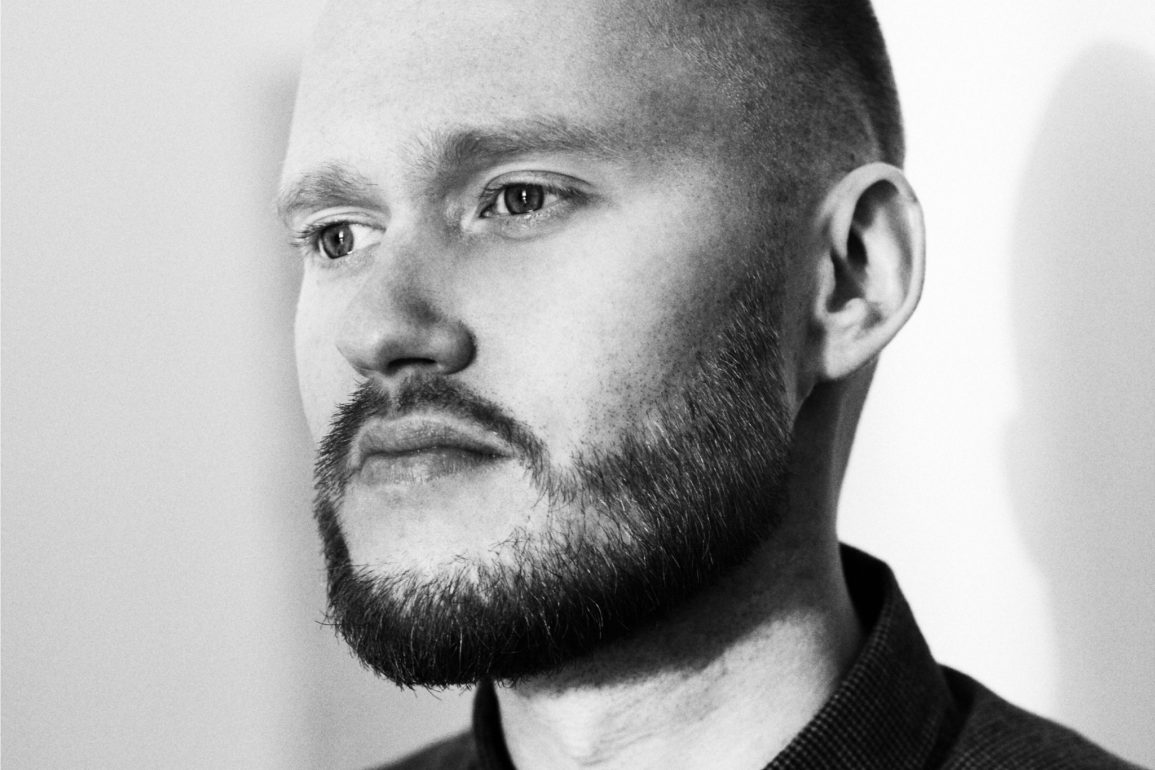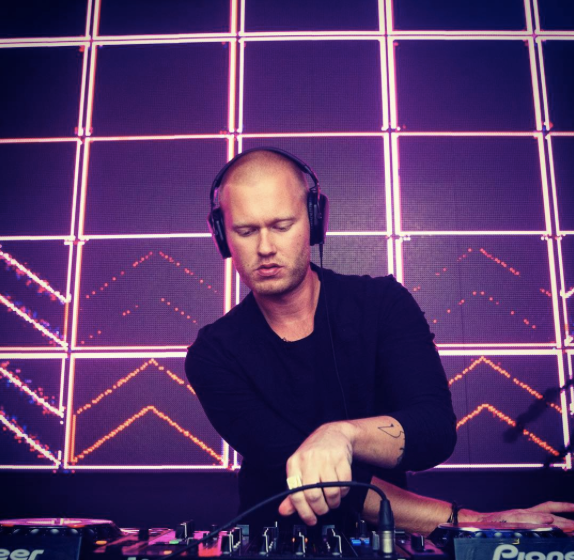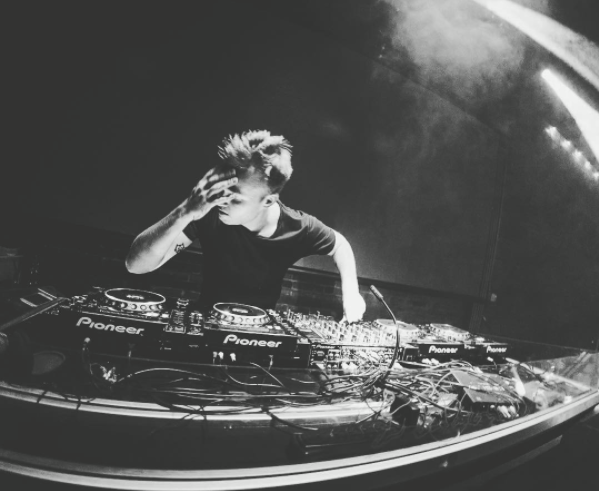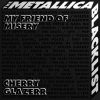Interview by Arnold van der Walt
Sweden has always been the hub of some of the biggest electronic artists the world has seen. From the likes of Avicii, Robyn, the Swedish House Mafia trio, and Eric Prydz, the list seems to be endless, but not without mentioning CAZZETTE. CAZZETTE is a Swedish electronic act that has travelled all over the world, playing at esteemed festivals like Tomorrowland, EDC Las Vegas, Veld Festival and many more. With a strong fanbase, CAZZETTE’s live shows are always some of the most talked about shows as it adapts and changes for each person in the script.
CAZZETTE announced two years ago that they will not be touring as a duo anymore with only Alexander being the face of the duo now. Sebastian admitted that the touring life was not for him, instead opting to still produce for CAZZETTE from home. This hasn’t caused the group to slow down at all, as CAZZETTE is still one of the most in-demand producers of today. Their music has been viewed more than 90 million times on Youtube alone and on Spotify it exceeds streams of more than 250 million times.
They recently released a fresh new EP, ‘Stereo Mono’ which saw their sound head towards a more house-oriented direction. Filled with feel-good house tunes ready-made for a club and a beach party alike, ‘Stereo Mono’ sees CAZZETTE providing the world with eloquently produced tracks layered with decadently smooth harmonies.
We sat down with Alexander Björklund from CAZZETTE and spoke about the release of his latest EP ‘Stereo Mono’, understanding the musical trends of different countries and creating music you want to listen to.
Listen to CAZZETTE’s latest EP, ‘Stereo Mono’ below:
Hi there CAZZETTE! To those not familiar with you, how would you describe your sound?
I would describe my sound as ‘coming together’. Lately, I’ve been really reconnecting with house music and it’s been a lot of fun. In my sets I play a lot of Deep House which is 125 BPM, so it’s not really slow. My live show is basically Stereo Mono but extended. It’s a strong representation of what’s going on when I play shows.
You recently released a new EP, ‘Stereo Mono’. What was the creative process behind this like?
Honestly, ‘Stereo Mono’ was the first piece of work that I put out where I had a clear vision of how I wanted it to be. Especially in regard to how I wanted it to sound in a live setting. So, when I was putting all of it together, I had to go back and forth between the songs, changing them continuously throughout the creative process, just so I could make them fit with each other and narrowed down to a singular sound. As a producer and a writer, I think it’s really tricky to have so many ideas that you want to fit into the songs. But for me, this time, it was really important to take a step back and kind of think about how I want my sound to develop over this release and upcoming releases.
I feel with ‘Stereo Mono’ I planted a seed in the direction of where I’m going. Whereas before I was just throwing around ideas. We made a little bit of this, a little bit of that, but it feels good to finally limit myself a little bit. There’s a lot of creativity that can come to life when you do that… So, by varying the sound a little bit, I found a workflow that was much more fun.
You mentioned that the new EP has decided to go into a new direction with its sound; Returning to your house roots. How did this decision come about?
It was natural. When I first started getting into electronic music, I was listening to a lot of house music which was raw and very loop-based. It sounded very different back then. So much happened for me during the year; touring and the evolution of the electronic music scene. I think there was a mass confusion of sorts. Or at least for me, it was very confusing.
All of a sudden, everyone was doing everything. There were always people who were really true to what they did, but they seemed to not be in the spotlight, really. So, I got a little bit confused and we started making all sorts of different songs with different sounds. And I felt like over the years I lost touch with why I was actually making music. I had to make a change and circle back to making music that I liked. That’s why I’ve ended up with more of a house sound because that’s where I come from.
What I’m doing now is trying to make the best music as possible for myself. Before a lot of production that I put out was to please others. It’s tricky because you have a lot of people involved in your music. There’s labels, managers and then even your friends that you send stuff to. You want everyone to really like what you’re doing.
Music is communication and if you have an idea in your head and you’re working on it, and you’re really happy with it, and you send it out and the responses are so-so, it can be painful because to me it means that you’re not really communicating your ideas clearly enough. I’m trying to become a better communicator, so I’m trying to do one sound and do it the best I can.
Is there a specific track on ‘Stereo Mono’ that stands out for you for whatever reason? Why?
I think ‘In Time’. Just because it’s in major and typically I haven’t been writing a lot of music in major. Which I never really understood why; I was always drawn to writing minor. I received the vocals from Brando and I thought they were great and I tried taking it into a club direction, but for this song, it just wasn’t right. So, I started fiddling around with some ideas and ‘In Time’ eventually became really special to me. It has this bittersweet feeling, which I like, it appeals to me, maybe it’s a universal thing. I’m really excited about that song.
CAZZETTE used to be more of a duo in the past, but that has changed a bit since. Sebastien Furrer has taken on more of a studio role with Alexander Björklund becoming the face of the brand. How has the transition been over the last 2 years?
It was kind of a natural decision, it was made a long time ago. I always loved DJ’ing. I’ve been doing it since I was 15 so I didn’t mind the travel and late nights so much. I look at it as a reward. After working really hard in the studio, then you get to play it for people and have it connect with an audience. The feeling is something else and I need that in my life.
So, it was kind of natural for me to take over that side. Whereas he’s like the crazy professor and studio engineer. He has an amazing energy and he’s really good at coming up with those ideas that you don’t really you understand or how he came up with them. I think he was in Norway once and recorded himself walking on some gravel path and ended up making a kick out of that. He’s that kind of guy. I’m more about song structure. So, together we make a really good duo, but he just wasn’t down for the performance part of things.
Is there anything you would like to change/improve about the electronic music industry?
You know what, not really. I think it’s better to kind of accept the fate that everything is in and try to make the most of it. Rather than being “Oh, like, I wish things were like this, or like that”. I don’t really have anything to say about changing the scene because whatever you want is available and out there. You just have to find it. For example, let’s just say that there’s not enough rock elements in the house scene, maybe create it yourself or find people who think alike and work together. I think it’s more about accepting the current state, whatever that is, and just making something out of it. Rather than wanting to change it directly.
Having played at festivals like Tomorrowland and Veld Festival, what would you say has been you’re most memorable experience so far?
There are two grand memories that come to mind.
One is from EDC Vegas, I think it was the first time we played there. It was a crowd of over 40,000 people and the energy was explosive. It was when everything was new and exciting.
We also played a festival in Romania, where we didn’t really make much money, but we showed up and it was like a football stadium packed with people. We actually played more of a groovier set there and it worked really well. We were kind of amazed by how that could work on such a massive crowd to play a relatively low energy set compared to the other acts.
What do you enjoy the most about performing live?
The crowd
Do you prefer playing festivals or clubs? How would a CAZZETTE show differ between the two?
I like both… There are certain clubs and festivals that you go where the crowd is either more or less educated in electronic music. Meaning that electronic music has been around longer or shorter in certain regions. Therefore, they expect a different sound because they’re at a particular stage in the whole cycle of music trends. If you go play a festival in China and you drop a bunch of sick tech house, you’ll find that the crowd is not really reacting whereas if you do a festival in Spain, you’ll get a massive reaction. It’s just different places being on different cycles.
With the clubs, it’s a similar thing. I recently had a show in San Francisco at a place called Audio where the crowd was very educated and it allows me to do a lot of the things that I wouldn’t be able to do if I was in some places around Vegas. Everything is about context and your surroundings.
Gary Numan is quoted as saying: “I have always been far more interested in sound than technique, and how sounds work together, how they can be layered. I think electronic music, (in its infancy anyway) allowed us to create music in a way that hadn’t really been possible before. It created a new kind of musician.” What are your thoughts on this statement?
Absolutely. This is something I work on daily. It’s interesting because you have the musical part of it and then you also have the technical aspects. I don’t think there’s a genre that pushes technical boundaries as much as electronic music. It’s almost in its own section of being an artist. You’ve got to be on point with the loudness and the mixing. That’s part of the reason why I’m going back and making all of these new mixes for ‘Stereo Mono’; it’s something that I’m really interested in pushing further.
If you want to talk about dynamics and the details, you can look at dance music and see it functions with breakdowns and drops. Very formal in that sense, you just need to get the most out of all of it. Everything needs to have an effect. And then you know, they need a breather, and they need to bring it back. You really just got to make everything pop which is an interesting aspect of it.
Are there any new artists on your radar? Which three tracks do you currently have on high rotation?
Prospa has a song called ‘Prayer’ which I thought was very good. I don’t have any other songs on my mind right now but you should check ‘Prayer’ out!
Listen to CAZZETTE & Aronchupa‘s mash hit from 2016 below:
Follow CAZZETTE:
Website // Facebook // Twitter // Instagram // Soundcloud // Spotify






